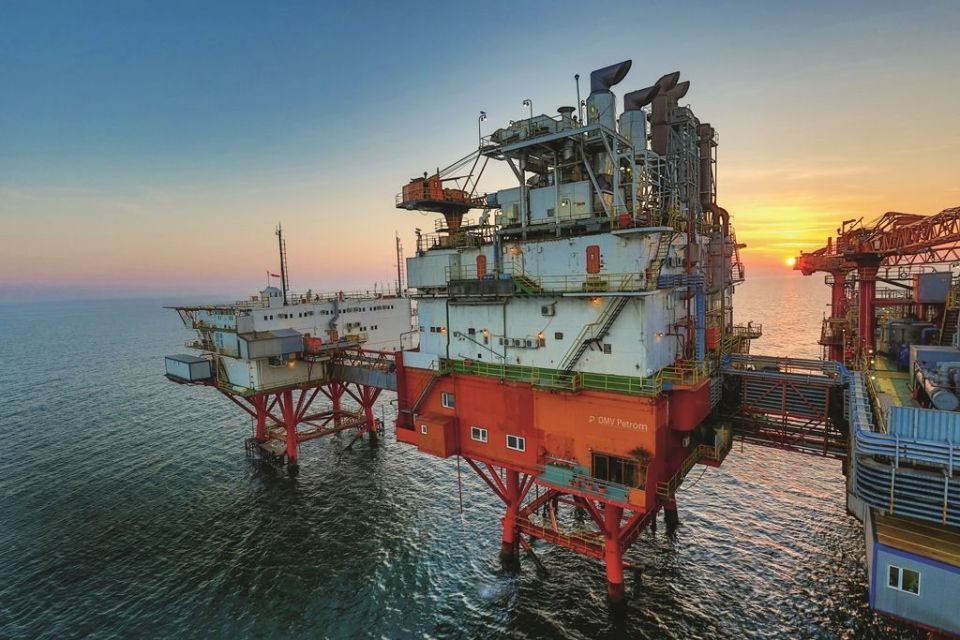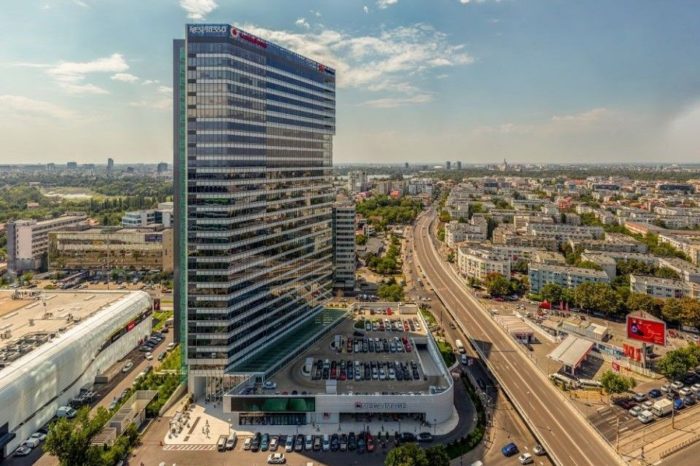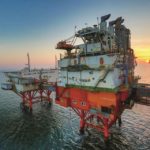OMV Petrom reveals its strategy for Net Zero operations by 2050

OMV Petrom, the largest energy company in South-East Europe, announces today its Strategy 2030, which reflects the company’s growth plans and its commitment towards the energy transition.
OMV Petrom’s strategic ambition for 2030 is to “Lead the energy transition in South-East Europe, capitalizing on opportunities in our emerging markets”, with the objective to secure sustainable long-term economic growth and high cash flow generation, while ensuring investments and attractive shareholder returns.
Christina Verchere, Chief Executive Officer OMV Petrom: “Today we are announcing our 2030 Strategy, which will transform OMV Petrom into a lower carbon integrated energy company bringing value to all our stakeholders. To achieve this, we will invest EUR 11 billion by 2030, the largest private investment plan in the Romanian energy sector, with over 35 percent going to low and zero carbon opportunities.
The strategy is built on three directions: Transition to low and zero carbon, Grow regional gas, and Optimize traditional business. Our long-standing investment in innovation and in our people as well as our commitment to the communities in which we operate will help to drive this transformation.
Our 2030 strategy is expected to have four major outcomes. First, it will drive significant growth in cash flows, while developing new businesses such as biofuels, renewable power and future mobility and testing new technologies. Second, it will underpin our highly competitive dividend policy out to 2030, providing our shareholders with 5 percent-10 percent annual growth in base dividend, and potential distribution of special dividends. Third, it will make a material impact on the transition to lower carbon business and will reduce our carbon intensity throughout all business segments. Fourth, it will strengthen Romania’s and South-East Europe’s security of supply and the EU’s energy resilience.
In essence, we will continue to play a fundamental role in supplying energy for Romania – cleaner energy, delivered in a sustainable manner.”
Transition to low and zero carbon
OMV Petrom’s ambition is Net Zero operations by 2050. The company will act on three key areas: decarbonize current operations, expand lower carbon gas business, pursue low and zero carbon business opportunities. Carbon intensity of our operations is expected to decline by around 30 percent while the intensity for Scope 1-3 emissions is forecast to drop by around 20 percent until 2030. We are targeting a reduction in our methane intensity to less than 0.2 percent by 2025, in line with international targets.
The share of gas in the company’s hydrocarbon production mix will increase to around 70 percent, reflecting the pivotal role of natural gas as a transition fuel in the energy mix in Romania. The increase in equity gas will also support the country’s efforts to decarbonize, as gas can replace coal in power generation and enable integration of renewable capacities.
To provide customers with a range of lower carbon energy options on the longer term, OMV Petrom will invest in renewable power and biofuels production. The company will put in function more than 1 GW of renewable power capacity in Romania by 2030. Also, the company plans to exceed 15 percent biofuel in total fuel production in 2030, with 150 kt/year of cellulosic ethanol from straw and 450 kt/year of sustainable aviation fuel and renewable diesel.
A low carbon mobility infrastructure will be developed, with more than 500 points of alternative fuels. This includes the largest network for electric vehicles in OMV Petrom’s operating region by 2030, as well as LNG mobility and CNG investments.
In the second half of the decade, the company will intensify investments to seize opportunities in carbon capture and storage, as well as in hydrogen, which are anticipated to have a significant contribution to the decarbonization of the country.
As such, the company’s portfolio will be expanded to include five new zero and low carbon business activities, which together will account for around 35 percent of cumulated CAPEX by 2030 and approximately 15 percent of the total 2030 Clean CCS EBIT.
Grow regional gas
OMV Petrom’s Exploration and Production[2] regional expansion until 2030 focuses on the Black Sea area, which is estimated to hold significant resources. Neptun Deep development is the company’s most important strategic project. Subject to Final Investment Decision in 2022/2023, first gas is expected approximately four years later.
The company’s current estimate in terms of recoverable resources is around 50 bcm and CAPEX is expected to be less than EUR 2 billion. The plateau production is estimated at around 70 kboe/day net to OMV Petrom.
Projects in the Bulgarian offshore block Han Asparuh and in the Georgian Offshore Block II are also expected to progress, while continuing to explore the larger Black Sea region.
Overall, the regional growth projects’ contribution to total Clean CCS EBIT is estimated at around a third in 2030.
Optimize traditional business
The company will continue to capitalize on its integrated business model, with a focus on value over volume and operational excellence in all business segments. The share of cumulated CAPEX allocated to traditional assets will decrease to around 45 percent from nearly 100 percent by 2030, still with a solid contribution to Group’s Clean CCS EBIT.
In Exploration and Production, OMV Petrom aims to maximize the economic recovery of mature fields and to lower the production cost to around 7 USD/boe by 2030. By 2025, the hydrocarbon production is expected to decline marginally by 3 percent, net of divestments and on a compounded annual rate, reflecting efforts to contain natural decline. Thereafter, the production is expected to increase to above 160 kboe/day in 2030, more than 50 percent higher than in 2025, driven by Neptun Deep gas.
In Refining and Marketing, the refinery utilization rate is expected to be above 95 percent on average. The company is driving towards a sustainable refining business via projects in advanced biofuels and explores value-adding opportunities, including an increase in aromatics capacity.
In the retail business, the long-term ambition is to maintain the current leading position in Romania via the dual brand strategy. The company prepares for future mobility, which is expected to be smarter, digitally enabled, with service stations providing more personalized experiences and offering timely solutions to customers.
In Gas and Power, the company aspires to become the supplier of choice for customers in their energy transition, while growing beyond equity gas and increasing market presence, also regionally. These will translate into total gas sales of around 70 TWh by 2030. In the power business, investments in renewable power will lead to an increase in green power sales to more than 20 percent of total power sales by the end of the decade.















